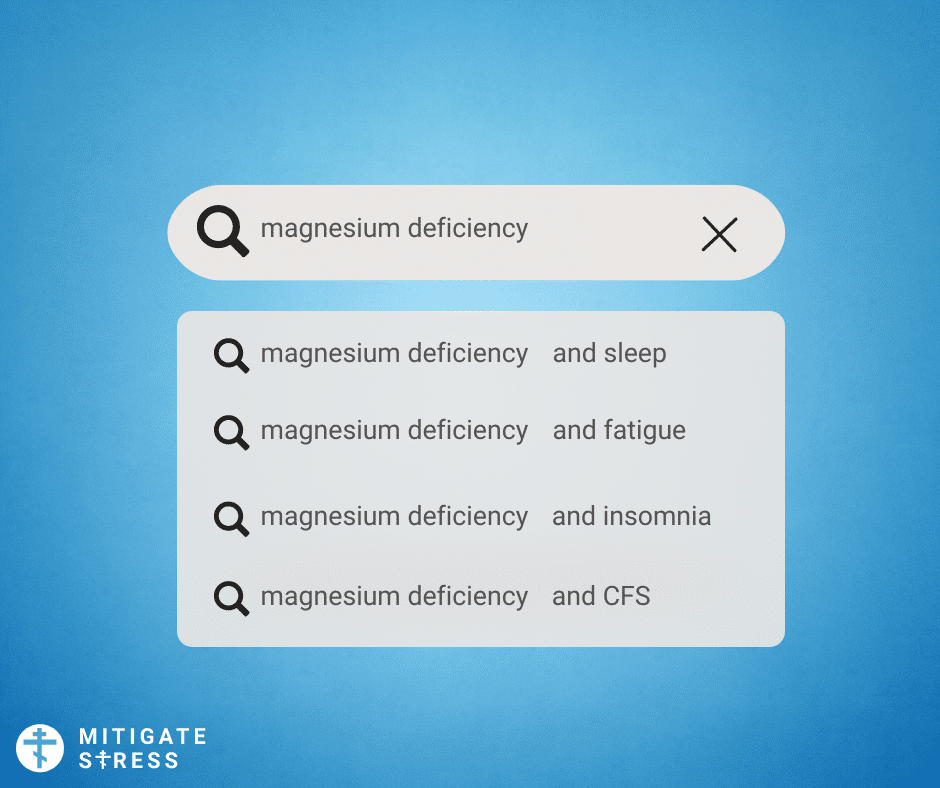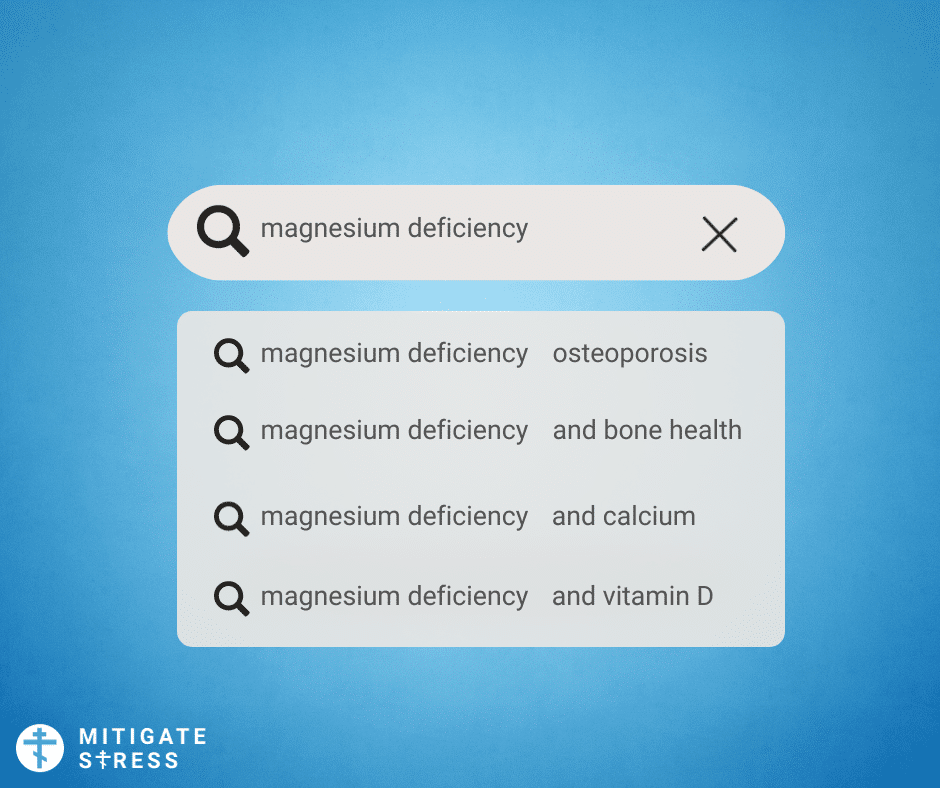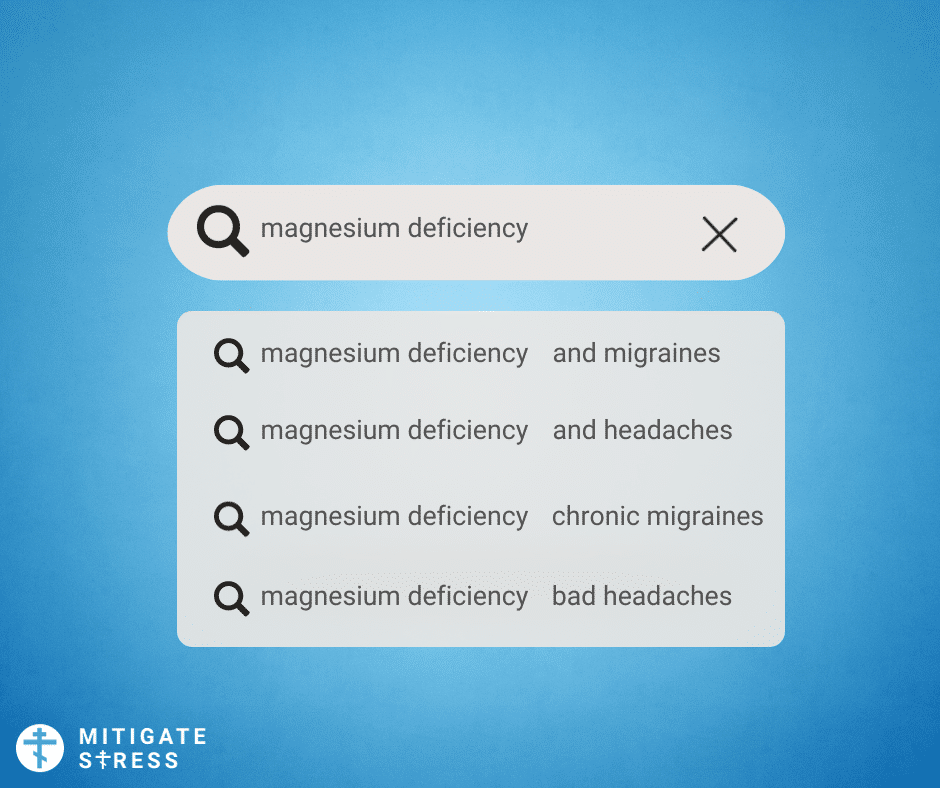Did you know that a deficiency in magnesium, an essential mineral, could be the reason behind your constant fatigue or sleep disorders? Recent research points to a significant link between these health issues and magnesium deficiency.
Understanding the Role of Magnesium
Magnesium plays a vital role in our bodies. It is involved in over 300 biochemical reactions, including nerve transmission, muscle contraction, energy production, and even DNA synthesis1. When our bodies lack this key mineral, it can lead to a host of health problems, including fatigue and sleep disorders.
The Link Between Magnesium Deficiency and Fatigue
Studies have shown that chronic fatigue syndrome (CFS), a debilitating condition characterized by extreme fatigue, may be connected to magnesium deficiency2, 3. One study found that patients with CFS often had lower levels of magnesium4. Another study suggested that a magnesium deficit might contribute to a vicious cycle of stress and fatigue5.
While some studies have not found a direct association between magnesium deficiency and CFS6, the overall body of evidence suggests that magnesium plays a crucial role in managing fatigue.
Magnesium Deficiency and Sleep Disorders
Magnesium is also integral to healthy sleep. Its calming effect on the nervous system promotes relaxation and contributes to the regulation of our sleep-wake cycles7. A deficiency in magnesium can disrupt these cycles, leading to insomnia and other sleep disorders.
Prevention and Treatment
The good news is that magnesium deficiency can be prevented and treated. One approach is through diet; consuming magnesium-rich foods like salts, nuts, seeds, legumes, dairy, and leafy green vegetables can help maintain adequate magnesium levels8.
Supplementation is another option, especially for those who may not get enough magnesium from their diet. However, it’s always a good idea to consult a healthcare provider before starting any new supplement regimen.
If you’re looking for a convenient way to boost your magnesium intake, check out our range of products. Our Master Mineral Drink, MMD Travel, Magnesium Bath, and Magnesium Oil are specially formulated to supplement your magnesium levels. These products provide the most bioavailable and absorbable forms of magnesium, ensuring that your body gets the most out of this essential mineral.
Whether you’re at home or on the go, our magnesium products make it easy to maintain balanced magnesium levels for better health and well-being. Take charge of your health today with our top-notch products.
Conclusion
While more research is needed to fully understand the relationship between magnesium deficiency, fatigue, and sleep disorders, it’s clear that maintaining adequate magnesium levels is essential for our overall health and well-being.
If you’re struggling with chronic fatigue or sleep disorders, it may be worth discussing magnesium deficiency with your healthcare provider.






0 Comments